
An increasing number of Cheshire residents are using their legal right to ask the police if they believe that they, or someone they know, is in a relationship with an individual who could be abusive towards them.
This could be a partner, ex-partner, or an individual in an intimate personal relationship. They are using the Domestic Violence Disclosure Scheme (DVDS), known as “Clare’s Law”, which was implemented across police forces in England and Wales in March 2014.
Clare’s Law is named after Clare Wood who was murdered by her ex-boyfriend George Appleton in 2009.
Following her death and after five years of campaigning, Clare’s father, Michael Brown, managed to change the law to allow police to inform people of their partners’ criminal records and relevant past convictions. Clare’s Law was finally introduced in England and Wales in 2014 under the official title of the Domestic Violence Disclosure Scheme (DVDS).
From 2014 to 2020/21, the number of applications tripled whilst the number of disclosures quadrupled.
The guidance provided by the government allows disclosure under this scheme to be given to any person who is in a position to benefit from this information to better safeguard themselves or their dependants. It does not require you to be the current partner of the person you’re applying about.
It is this guidance that the Constabulary is promoting with a far-reaching poster campaign. The posters are being displayed in multiple sites including doctors and dental surgeries, hair and nail salons, pubs, clubs and wine bars. They act as a reminder to those who are concerned about the possible dangers faced by their loved ones in an intimate relationship.
The Constabulary has received over 620 requests so far in 2022 with 220 disclosures made – almost 30% of applications. A disclosure is when information is shared. The information can help a person to make informed choices about whether and how to take a relationship forward.
However, when information is not shared, it cannot be assumed that there is no risk. If no reports have been made by previous partners of an offence, the incidents would not have been recorded.
Under Clare’s Law, you have the right to:
Make an application to the police requesting information about the person you are in a relationship with because you are worried they may have been abusive in the past, and believe they may pose a risk to you in future. Any information that the police share with you about a person is called ‘disclosure’.
Request information from the police about a person in a relationship with a close friend, neighbour or family member, because you are concerned that they might be at risk of domestic abuse in future. This is called the ‘right to ask.’
You have a right to ask the police about a heterosexual or same-sex relationship as long as you are aged 16 years or older. You also have the right to ask about an individual regardless of the person’s gender identity, ethnicity, race, religion, or other characteristics.
You also have the ‘right to know’ which means that if police checks show that the subject of the application has a history of abusive behaviour, they may proactively share that information with you because they believe you are at future risk. Again, this is dependent on whether previous incidents have been reported and therefore recorded.
Clare’s Law disclosures must be considered ‘lawful’, ‘proportionate’ and ‘necessary’. This means that police must first decide whether it is appropriate to disclose the person’s confidential records as part of your DVDS application. If there is enough to suggest that you may be at risk, then the police will make a collective decision on what information to disclose to you.
If you are applying on your own behalf, then the police will disclose any information directly to you – usually in person. If you’re applying on behalf of someone else, the information will be given to the person the police believe needs it – this may not be you.
Once the application is received, police will review and consider the information held on their systems. If the decision is made that no disclosure should be given, the police will inform you of this. In this case, they are not required to share any disclosure with you or anyone else.
Abuse isn’t only limited to physical abuse. It can also include harassment, verbal abuse, stalking, psychological threats or manipulation, sexual assault, and violent behaviour. Anyone can experience domestic abuse regardless of age, race, ethnic or religious backgrounds, sexuality, class or disability.
Detective Chief Inspector Steve Littlewood, Cheshire Constabulary Public Protection - Strategic, said: “A former legal loophole made it possible for domestic abusers, or people with a prior record of violent or abusive behaviour, to conceal their background. This meant that their partners were more likely to be unaware of their past offences and put at greater risk of future harm. Clare Wood, who the law is named after, was murdered by her ex-boyfriend due to this lack of knowledge.
“It’s encouraging to see the numbers of requests in the sense that more people are using the service in Cheshire, but I think there are still those out there who don’t know about this right. In particular, that it applies to male and female domestic abusers and not just to partners and ex-partners.
“Making an application is a quick and easy process by filling out an online form on the Cheshire Police website or calling 101.
“It’s free and confidential and we urge anyone out there who has concerns about someone to make that important step. It could help to prevent another victim of domestic abuse which is why Clare’s Law was created.”
To request information under Clare’s Law please go to Request information under Clare's Law:
Make a Domestic Violence Disclosure Scheme (DVDS) application
Clare Wood was murdered by her ex-boyfriend George Appleton in 2009.
She met him on Facebook and was unaware that he had a criminal history. Clare ended their relationship after six months due to Appleton’s coercive behaviour.
She made a police statement and got a restraining order, but Appleton’s behaviour continued unchecked.
It ended tragically when Appleton killed Clare then himself a few days later.
Investigations later revealed that he had a history of violent and abusive behaviour, especially towards women. At the time, data protection laws had created a legal loophole which meant that former abusers were able to keep their criminal records confidential.
Potential targets like Clare had no way to check or ask police whether their partner had been similarly abusive in the past.
Clare’s Law now operates in several countries across the world. It was first rolled out in England and Wales in 2014. Since then, versions of Clare’s Law have been introduced in Scotland (2016) and Northern Ireland (2018).

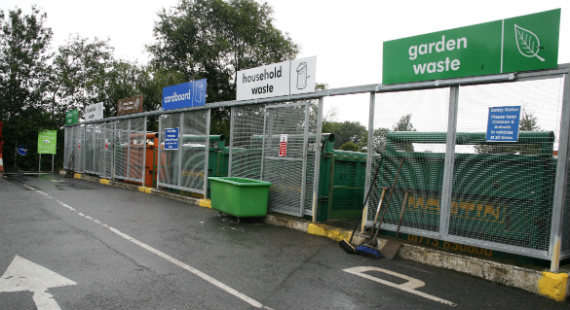 Household waste recycling centres – Advice for visiting during Easter period
Household waste recycling centres – Advice for visiting during Easter period
 AstraZeneca workers toy drive to support Children’s Ward at Macclesfield Hospital
AstraZeneca workers toy drive to support Children’s Ward at Macclesfield Hospital
 Council appoints new executive director of children’s services
Council appoints new executive director of children’s services
 99% of Cheshire East parents secure preferred primary school place
99% of Cheshire East parents secure preferred primary school place
 Young Northwich and Winsford to join globally inspired Carnival
Young Northwich and Winsford to join globally inspired Carnival
 Government approves major funding for state-of-the-art Leighton Hospital facility
Government approves major funding for state-of-the-art Leighton Hospital facility
 Teenager sentenced for stabbing another boy in Congleton
Teenager sentenced for stabbing another boy in Congleton
 Appeal for witnesses and footage following collision in Alderley Edge
Appeal for witnesses and footage following collision in Alderley Edge
 Man jailed for murder following stabbing in Northwich
Man jailed for murder following stabbing in Northwich
 Bedside Bibles return to Macclesfield Hospital in time for Easter
Bedside Bibles return to Macclesfield Hospital in time for Easter
 Cosmic Threads: 80 Years of Discovery
Cosmic Threads: 80 Years of Discovery
 New stalls available at Macclesfield Market Hall
New stalls available at Macclesfield Market Hall
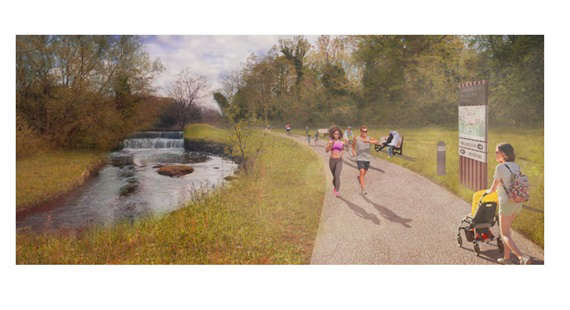 Council sets sights on major new trail to boost health, wellbeing and visitor economy
Council sets sights on major new trail to boost health, wellbeing and visitor economy
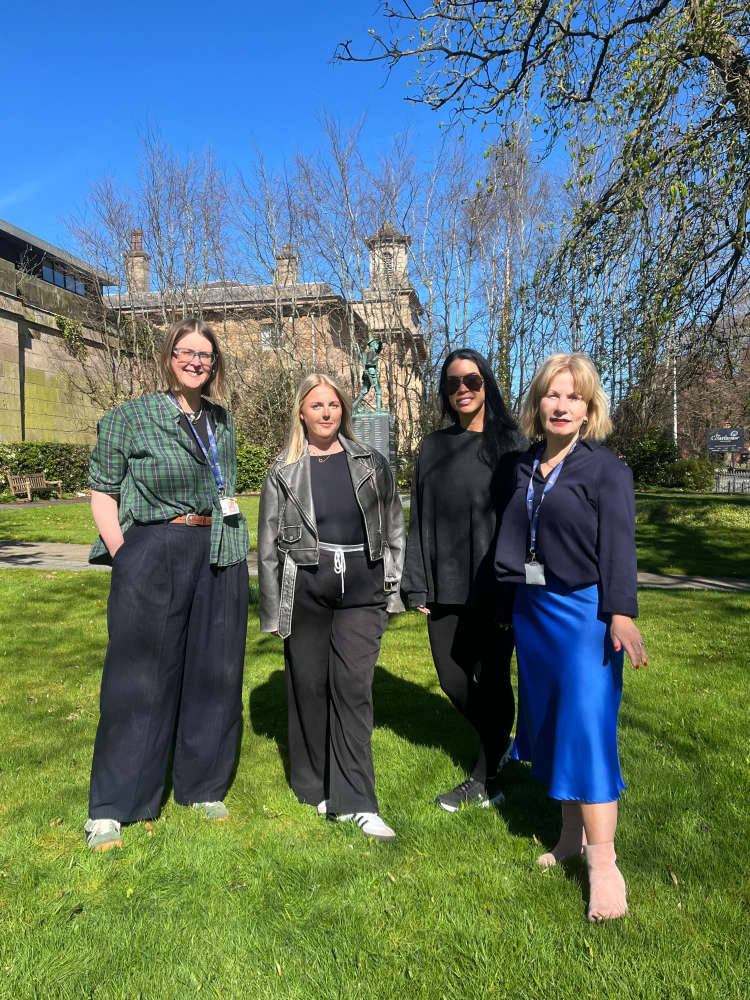 Knutsford Town Council renews partnership with The Royal Cheshire County Show
Knutsford Town Council renews partnership with The Royal Cheshire County Show
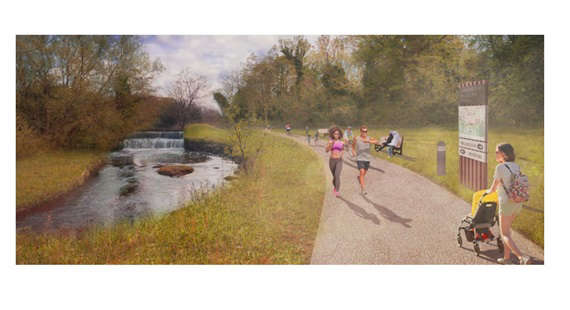 Major new trail to boost health, wellbeing and visitor economy
Major new trail to boost health, wellbeing and visitor economy
 More than 60 premises targeted across Cheshire as part of NCA-coordinated crackdown
More than 60 premises targeted across Cheshire as part of NCA-coordinated crackdown
 Appeal for witnesses and footage following collision on M6
Appeal for witnesses and footage following collision on M6
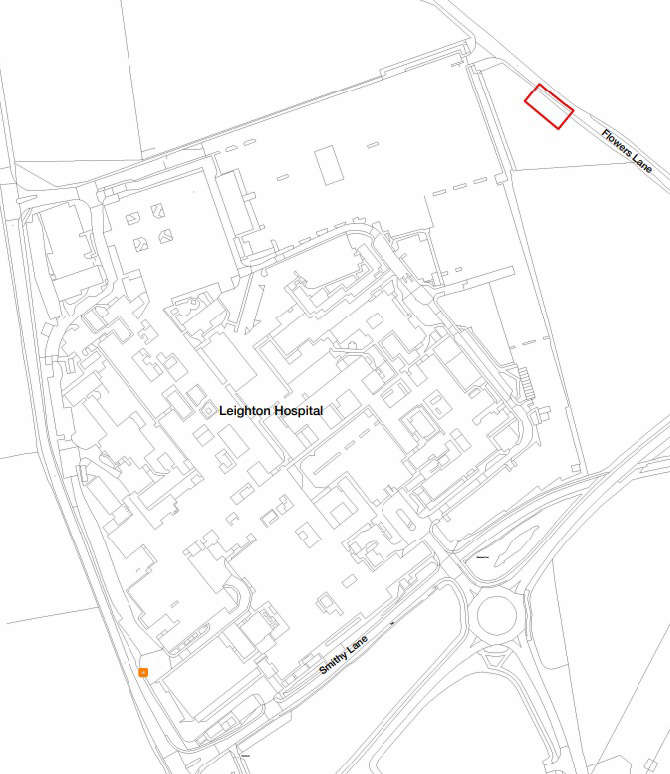 Laying the foundations for Mid Cheshire’s new hospital
Laying the foundations for Mid Cheshire’s new hospital
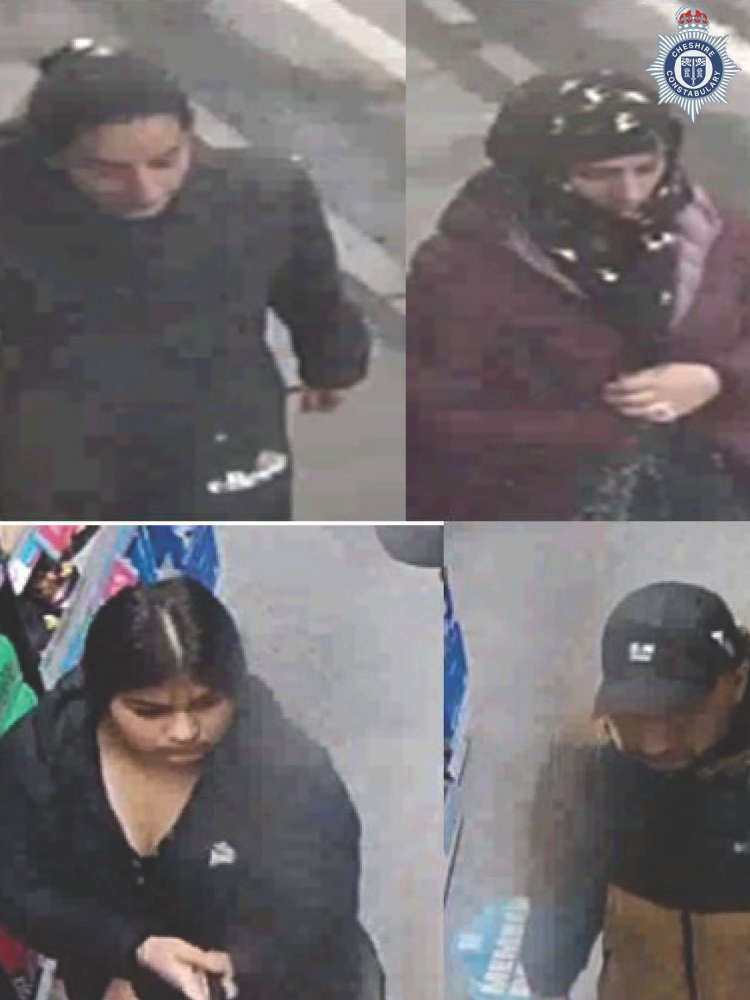 Police release CCTV following Macclesfield shop theft
Police release CCTV following Macclesfield shop theft


Comments
Add a comment